If there is one Nigerian alive today who should be very disappointed with the protests and agitations for Biafra by Igbo youths in recent weeks, I believe that person is Former Head of State, General Yakubu Gowon, under whose leadership Nigeria fought the Civil War between 1967 and 1970.
On January 15, 1970, when Gowon, at the end of the war, told Nigerians in a national broadcast that “the so-called “Rising Sun of Biafra” is set forever,” I am sure he never imagined that the agitations would resurrect several decades later.
That beautiful Thursday, exactly four years after Nigeria’s first military coup on January 15, 1966, Gowon enthusiastically informed Nigerians in his speech titled “The Dawn of National Reconciliation,” that it would be a disservice for anyone to continue to use the word Biafra to refer to any part of the then East Central State of the country, that Nigeria is at the dawn of national reconciliation, and the end of the war provides an opportunity to build a new nation.
Gowon knew, just as everyone in the country at the time, that another civil war isn’t something to ever wish for, not with the several lives and properties lost to the war aside its psychological, emotional and multifarious aftermaths. He also emphasised reintegration, reconciliation and reconstruction. However, almost 50 years after the war, has a new nation been built since then? Has true national reconciliation been achieved?
Advertisement
For several weeks now, there have been series of protests by Igbo youths in cities like Onitsha, Aba and Nnewi among others. Why? They are asking for the release of the Director of the pirate radio station, Radio Biafra, Mr. Nnamdi Kanu, who has been incarcerated by the Directorate of State Services, DSS, for over one month and already charged to court. They also say they are not interested in Igbo presidency in Nigeria in the future; but want an independent nation of Biafra.
Judging by the initial response of the Buhari government, I would say the administration didn’t quite figure out early enough the best way to handle the matter. But this is understandable. It is a matter which could lead to unexpected consequences and plunge Nigeria into another state of tension, unrest and anarchy if not well handled.
Now, I must point out that the last thing Nigeria needs at this time is another unnecessary crisis. We battled militancy in the Niger Delta for years until we found a way to curb it through offering amnesty to repentant militants who turned in their arms. Our military are still trying to fully rid the North of Boko Haram. Several billions of Naira have been lost in the process, money which could have been put into better use in improving the lives of Nigerians, reducing poverty across the land, and expanding infrastructure. And we have the problem of internally displaced persons to still grapple with. So, another military action against a group of Igbo youths who want to secede from the country is certainly not what we can afford when tact and dialogue can achieve so much more.
Advertisement
That is why I find the use of force by security forces against protesters under the aegis of Indigenous People of Biafra (IPOB) which led to the killing of nine people last week in Onitsha according to media reports, highly condemnable. After all, you can’t tell people who feel aggrieved that they have no right to be aggrieved, or express their grievances. This is the 21st Century; our security officials must understand that peaceful protesters can be dispersed without any gunshots fired.
So, how can Nigeria effectively stop the clamour for an Independent Republic of Biafra? Or as Gowon put it then, how do we ensure that the Rising Sun of Biafra is set forever? There are two fundamental points I think would be useful and helpful in addressing this issue.
First, we must recognise that it was the failure of the federal government in fulfilling promises made at the end of the war that quickly sowed the seed of mistrust and disappointment which consistently germinated over the years and grew to what we are being confronted with now in 2015. The government must admit it failed in this regard, agree that it made a mistake as far as this angle of the matter is concerned, and look for ways of making amends to the Igbos.
Frankly, Gowon’s government could hardly be faulted for going to war trying to protect the territorial integrity of Nigeria when, on May 30, 1967, the late Lieutenant-Colonel Chukwuemeka Odumegwu-Ojukwu, then Military Governor of Eastern Nigeria, proclaimed the existence of The Republic of Biafra. However, the federal government made a costly error by failing to live up to its popular “no victor, no vanquished” declaration at the end of the war towards facilitating reconciliation.
Advertisement
Here’s an example: If the Igbos realised after the war that they were entitled to collect only 20 pounds out of the deposits they had in the bank before the war no matter the amount in their accounts as was the case, what is that if not a clear evidence that they are being told they are the vanquished side? And how does this promote national unity and faith, peace and progress?
Moreover, many properties owned by Igbos which they left behind in a place like Port Harcourt at the beginning of the war because they were fleeing to their hometowns were never returned to them after the war by people who took over their ‘abandoned properties.’ Yet, the Nigerian government carried on as if there was no way it could help address this injustice. We may argue from now till tomorrow and try to defend the government but without looking back at areas where we made mistakes and correcting them, we may keep running into the same problems in future.
Second, our leaders must find a way of addressing this feeling among many Nigerians from different ethnic nationalities that they are being treated as inferior citizens in their own country while some other tribes are the owners of Nigeria. For instance, Gowon promised that the Nigerian government would ensure “there would be no question of second class citizenship in Nigeria.” Unfortunately, there are many people in this country, especially those born after the civil war, who feel they are second-class Nigerian citizens simply by the way those at the helm of affairs at any point in time, fuel the perception that they are using it to further their interests of their own ethnic nationalities to the detriment of others. This feeling is a key driving force behind some of what is happening now. It’s Igbo youths today. Who knows which ones tomorrow?
As a quick intervention, I believe it is paramount at this time for the federal government to begin a special campaign to foster national unity and cohesiveness more than ever before more so when we remember how divisive and polarising the 2015 Presidential election was. Public officials must see the whole country as their constituency, not where they come from, and act so.
Advertisement
For a President to have chosen virtually all members of his kitchen cabinet from the North simply because he feels they are people he has known for many years and he is comfortable working with, doesn’t show he is a leader who gives serious thought to how he is perceived in a diverse country as ours or the message such type of action would pass across to citizens or its implications on national inclusiveness. The situation is all the more worrisome when it is recalled that majority of the South East states didn’t even vote for him during the last elections.
Lai Mohammed, the Minister for Information, would do well to push this unity campaign as a critical national agenda in a very creative manner at a time like this. The National Orientation Agency and other information arms of government can take charge of this assignment while also seeking the partnership of privately-owned media establishments. The Buhari government must let Igbo youths understand that the answer to their grievances doesn’t lie in secession at all. The administration must make it a key responsibility to emphasise all that unite us as a country rather than all those things that divide.
Advertisement
On a broader level, the reason for why Nigeria hardly inspires patriotism in many citizens today lies squarely with our leaders. The political class has generally let us down. It is the failure of our politicians in fulfilling most of the promises they make during electioneering campaigns when they eventually get into office that have made issues like corruption, power, good healthcare, insecurity, youth unemployment, poverty, recurrent campaign talk-points and challenges which Nigeria continues to grapple with, and citizens keep lamenting about.
Although there are few good ones among them, but generally speaking, there is really nothing to commend Nigeria’s political elite for. They see infrastructural wonders overseas but refuse to replicate these in Nigeria. What we celebrate as excellent here are many times far below average in other developed climes where leaders show that they love their country and treat citizens with dignity. I think Nigeria stopped having truly visionary leaders since the days of Obafemi Awolowo save for Babatunde Fashola who tried to show some form of elevated governance as two-term governor of Lagos.
Advertisement
Now, there are those who say these Biafra agitations are political in nature, distraction strategies against the government, and must not be taken seriously. They may be partially correct. I just think we shouldn’t handle this matter with levity. The seed of an imaginary land of the rising sun has already been sown in the minds of thousands of these youths. We must find a way of uprooting this seed because its fruits, if allowed to germinate, would bring bitter and tragic consequences.
Moving forward, shooting at, clamping down on, or sending the protesters to prison is certainly not the solution to the problem. I will suggest the government releases Kanu from detention. His subsequent movements and actions can be monitored by government. For Igbo youths, their fears must be allayed. They must be made to feel that they belong. If these are not done, the protests for Biafra may be quelled now but would still come up again in future.
Advertisement
Therefore, can Nigeria stop Biafra agitations forever? Perhaps. However, if the seeming feeling of injustice and unjust treatment that the Igbo youths perceive is being meted out to their zone in the power equation of Nigeria persists and remains unaddressed, we may only be postponing the evil day. It’s often said that nothing can stop an idea whose time has come; when Igbo youths, Igbo leaders of thought, Igbo Diaspora, and all strata of Igbo society collectively make up their mind to say enough is enough, our patriotic efforts and preachments of going on with one Nigeria might do little to stop them a second time.
And since there has been no Igbo Nigerian President since the end of the Civil War, I think 2019 might be a good place to start if we are truly serious at achieving national reintegration and reconciliation as Gowon promised back in 1970.
Kolawole, a Red-Ribbon award-winning journalist and biographer, is publisher/CEO of Posterity Media, a Nigerian publishing company based in Lagos. You can follow him on twitter: @ofemigan
Views expressed by contributors are strictly personal and not of TheCable.
1 comments
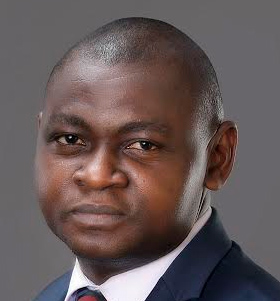
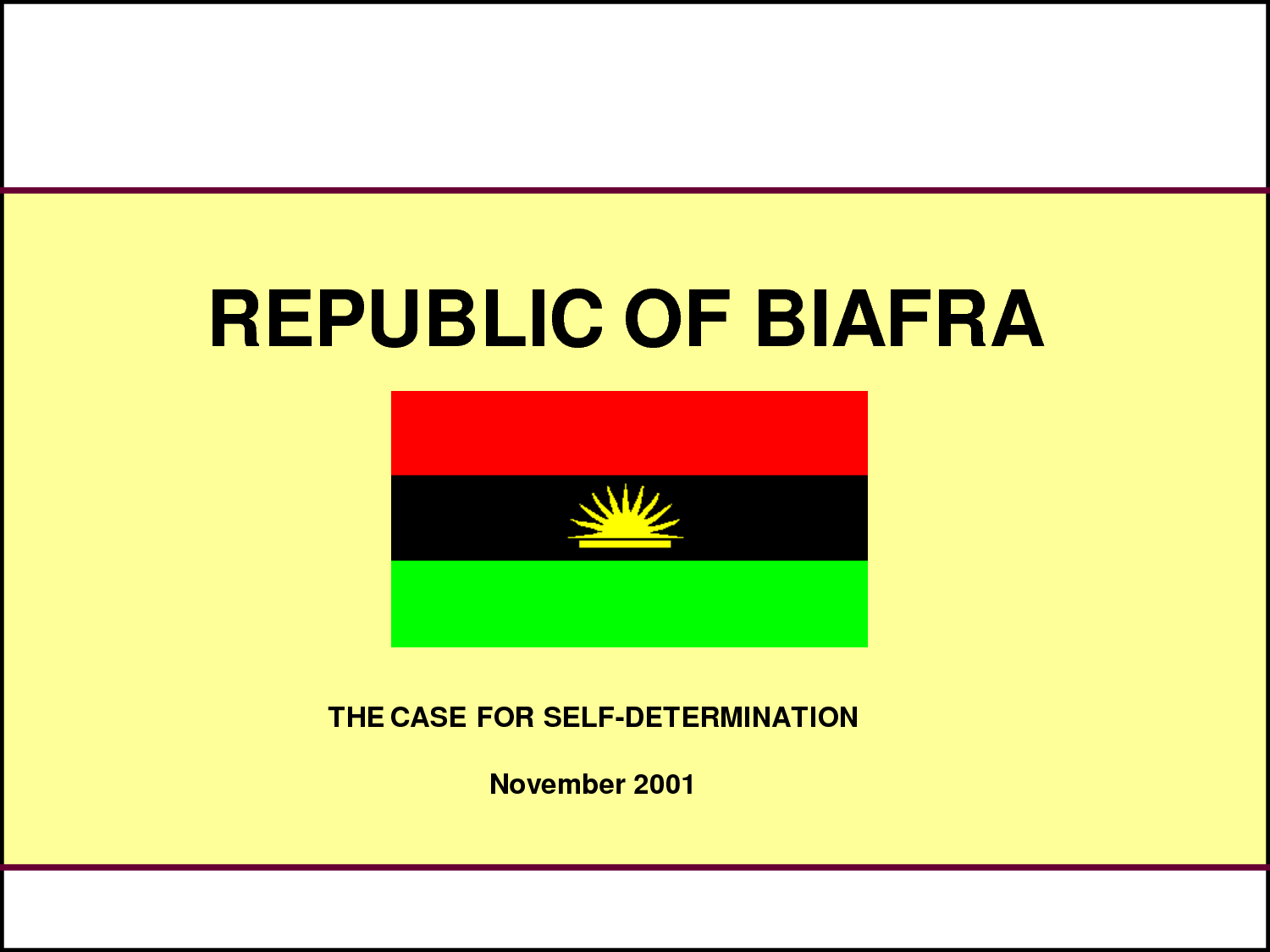
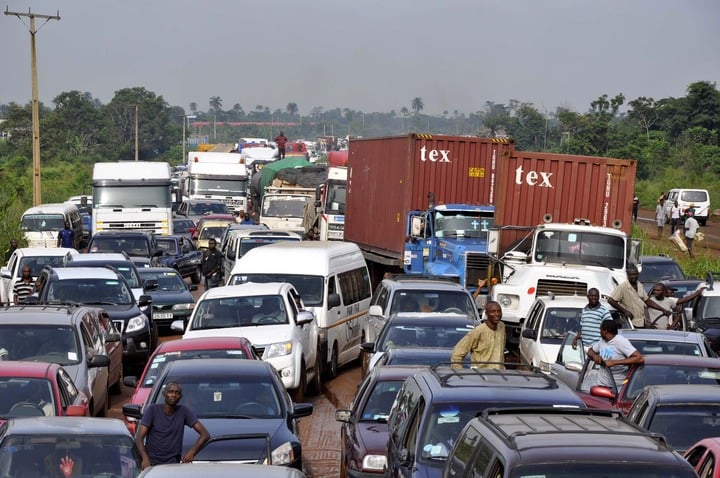
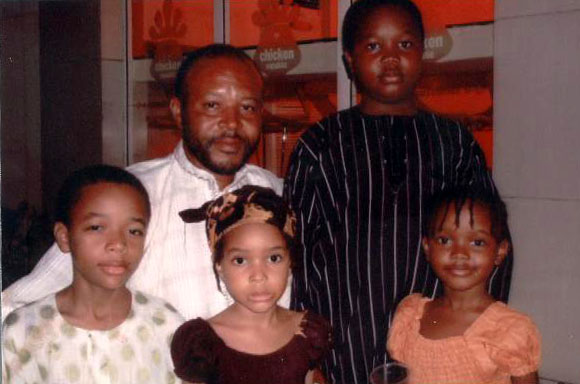

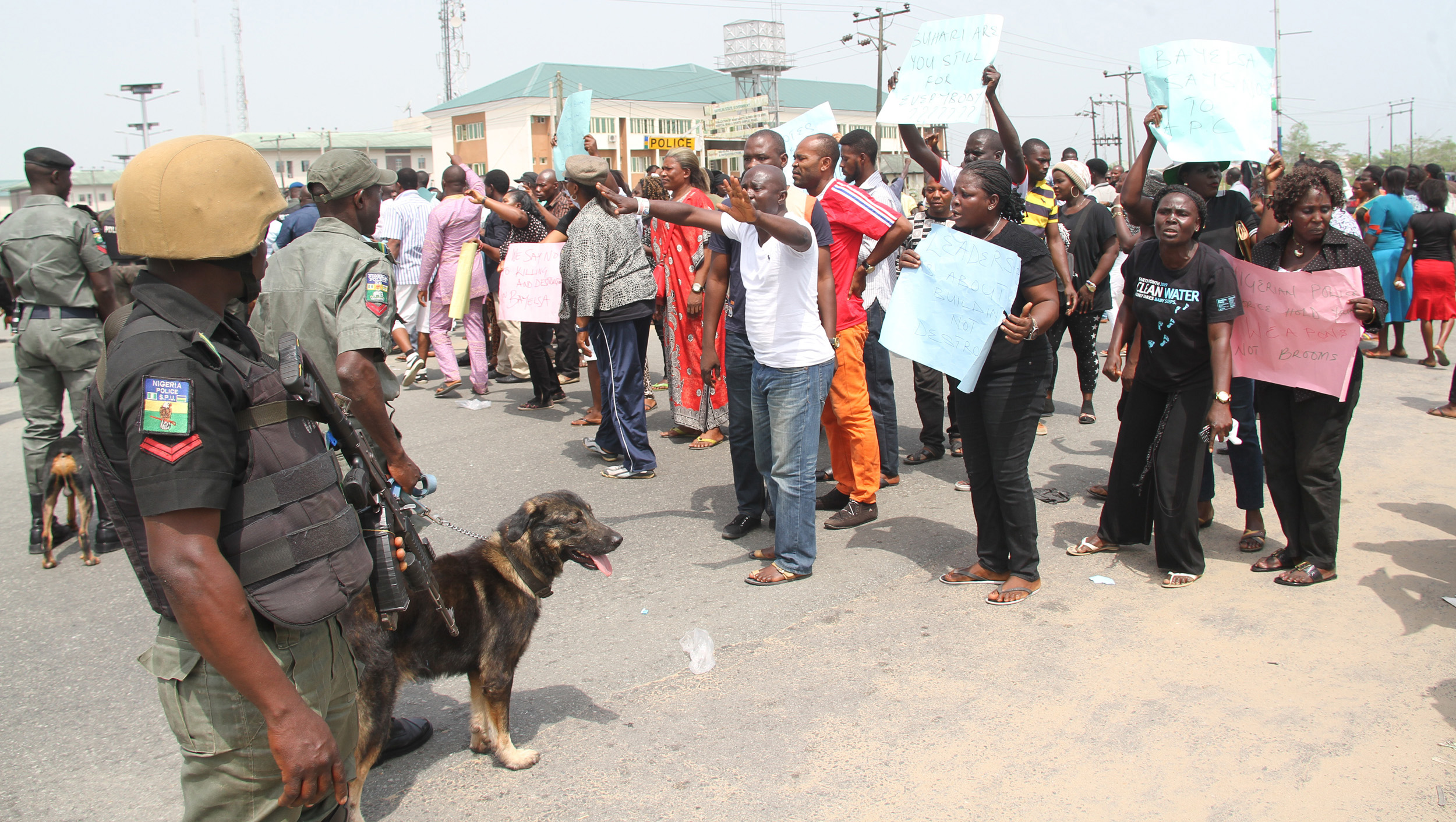


One Nigeria is a statement. The truth remains Nigeria is not one. Igbos believed in one Nigeria but the rest of the tribe don’t want them.
For instance, igbos who is inclined to self dependent will travel to North or west, make money,built house and live there as there home. No other tribe does it. From North to the west what you will see is after a a small issue, they will be threatened and in many cases there houses and businesses are burned down.
If you come in terms of business, I want to ask, is the east another country from Nigeria? Why is it that you will import goods from overseas, clear it at the Nigerian port authority, before you carry it from lagos to onitcha or East you will meet more than 10 custom check Points and they will extort you?
Why is there no sea port authority in the East, does it mean the east has no sea? Why is there no federal government company, hospitals or infrastructure in the East? Answer me please
In all of these, the resources that Nigeria is feeding on is gotten from this few state from the east. Please tell them to let biafra go. Nigeria is not a country to be with, no laws, no human rights, no light, no infraestructuras,even no intellectuals etc.A country where so called educated people don’t know there left and right, a country where presidents, governors and political office holders travel to abroad without bringing anything home.
Thanks